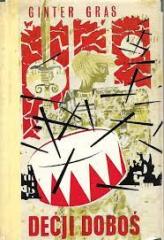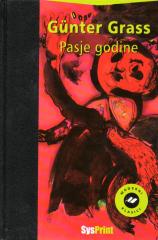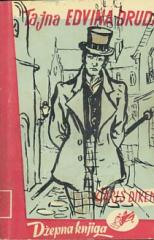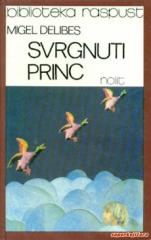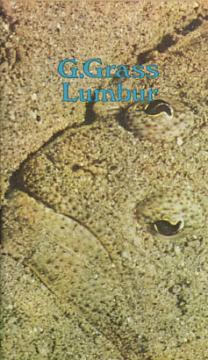
Lumbur
"Der Butt" in the original is the name of one of the flatfish that lives mainly in the northern seas (in our country known as flounder, obliš, rumbac, lumbur, buturac, etc.).
Grasso's fish is a literary creature, a mythical figure, originating from a fairy tale. Using a fairy tale, Grass interprets the relationship between the sexes through the millennia, along with the unusual history of cuisine, the cultural history of his hometown of Gdańsk, and the folk mythology of the Germanic and Slavic tribes from the ancient times of that region. At the beginning, in the Stone Age, the subject is a fisherman who releases an unusual fish. Both the fish and the fisherman are immortal - a man who later appears as a shepherd, blacksmith, abbot, mayor, landowner, high school student, mechanic and today as a writer. Nine "cooks" - nine historical epochs of a man and a woman in a series of titillating and whimsical stories, an unusual mixture of raw drasticness and refined intellectualism. Evoking the past of his homeland, searching for it in the sensory experience of cooking recipes, the author protests against a world in which even waste leaves traces of sterility. and the rule of substitutes. Irony and skepticism affect the methods of political narcissists in the past and today, and the encounter with aesthetic experiences and lasting things of human pleasure arouses rapture.
No copies available
The last copy was sold recently.
